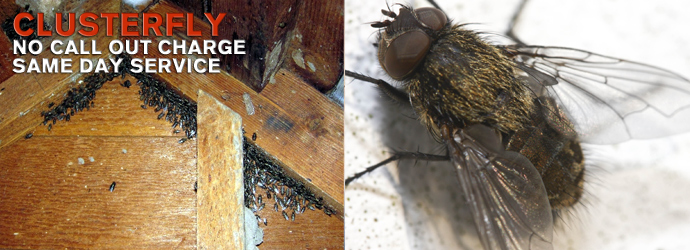fly control in heath town
The Fly
Key features
The Common house fly is around 7 mm long with a wingspan of around 14 mm with grey thorax that has four longitudinal dark stripes. The fourth vein on the wing bends sharply forward, almost reaching the third vein. The sides of the abdomen are yellowish and can sometimes appear to be transparent.
The pupa is about 6 mm long and may be yellow, brown or black. The larva is a typical maggot. It undergoes larval moults, gradually increasing in size and changing colour from white to cream.
Biology
Each female fly can lay over 9,000 eggs. The eggs are white and are about 1.2 mm in length. Within a day, the larvae (maggots) hatch from the eggs; they live and feed in (usually dead and decaying) organic material, such as garbage or faeces.
They are pale whitish, 3-9 mm long, thinner at the mouth end, and have no legs. The maggots crawl to a dry cool place and transform into pupae, coloured reddish or brown and about 8 mm long.
The adult flies then emerge from the pupae. (This whole cycle is known as complete metamorphosis.) The adults live from half a month to a month in the wild, or longer in benign laboratory conditions.
After having emerged from the pupae, the flies cease to grow, small flies are not young flies but the result of insufficient food during the larval stage. Some 36 hours after having emerged from the pupa, the female is receptive for mating.
The male mounts her from behind to inject sperm. Normally the female mates only once, storing the sperm to use it repeatedly for several sets of eggs. Males are territorial: they will defend a certain territory against other males and will attempt to mount any females that enter that territory.
As with other insects, development times are influenced by temperature, relative humidity, moisture content, quantity and quality of food. The following figures are therefore only a guide and show the hours spent at each stage of the life cycle.
We offer a full Pest Control Service throughout the West Midlands, Birmingham and Walsall, Call us 24/7 to discuss your Fly control problems.

